Naruto is rife with quotes and philosophies that are hard-hitting, as the anime series consists of vital coming-of-age elements, making it an integral part of some of our formative experiences. There are some characters in Naruto who always have something meaningful to say — be it the ice-cold, yet grounded advice of Itachi or the hard-learned lessons by Jiraiya.
However, it is Nagato, who adopted the alias Pain, who underwent immense ‘pain’ and hardships throughout his life, which resulted in him uttering lines imbued with deep meaning and unbearable pathos. A war orphan in a secluded village, Nagato wished to bring peace to a violent world but was forced to reckon with the true nature of existence after Yahiko’s death.
The founding of the Akatsuki was motivated by Nagato and Yahiko’s shared dream of achieving world peace, although, after the latter’s death, Nagato assumed the Pain identity and understood that peace in a war-torn world comes at a price. As evidenced by the moniker he adopts, Pain goes through life by viewing it through a particular lens, particularly focused on the necessity of pain, which is often linked to power hierarchies and social reform.
Here are 15 Pain quotes in Naruto that are worth remembering.
“Sometimes, you must hurt in order to know…”
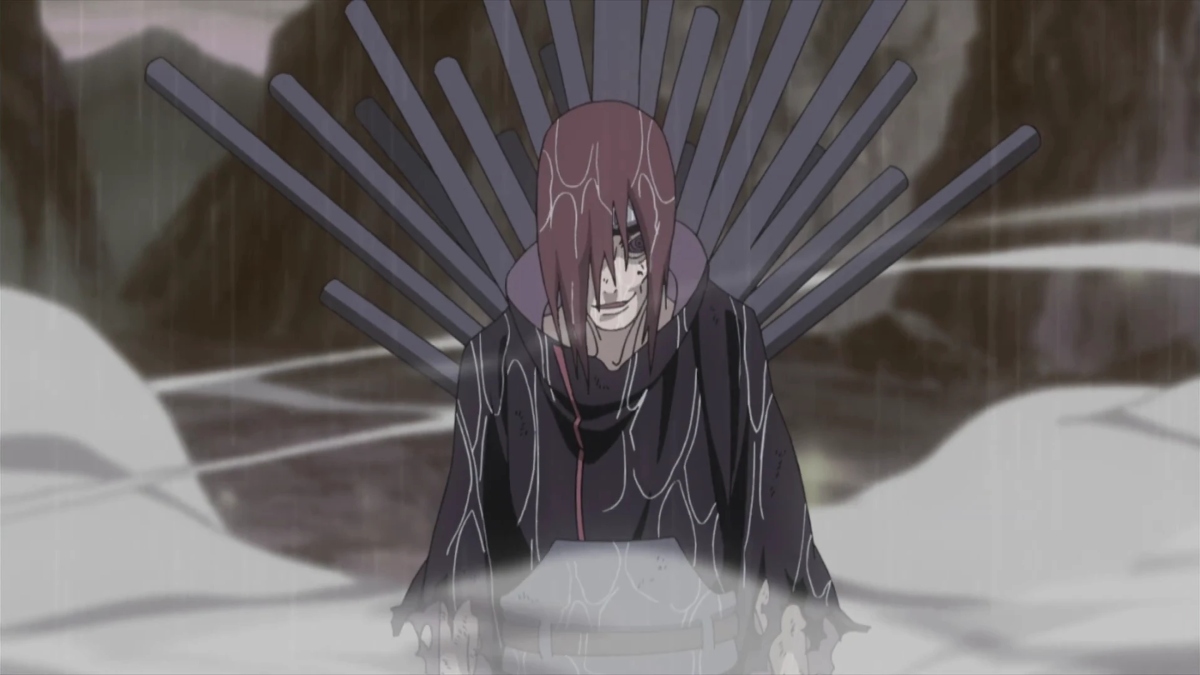
The entirety of Pain’s statement is as follows: “Sometimes, you must hurt to know, fall to grow, and lose in order to gain. Life’s greatest lessons are learned through the pain.” Pain understands that hardships and suffering are necessary for growth, as it aligns with his personal experiences of growing up isolated during his childhood and losing his loved ones repeatedly over time. Embracing one’s fears is integral to understanding their shadow selves, something Pain has been able to master and accomplish over the years.
“Embrace the fear.”
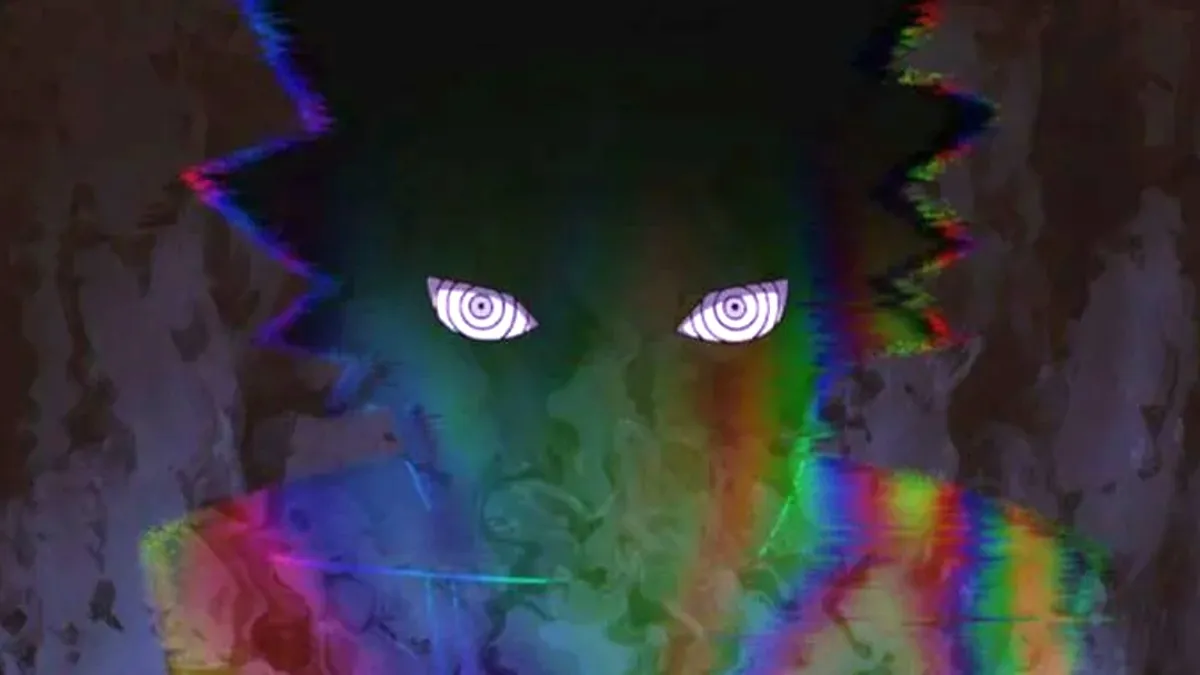
This is a continuation of Pain’s declaration that hardship is necessary for growth in life, and that fear holds us back from embracing our true selves. The philosophical connotations of Pain’s words are pretty understandable — however, when contextualized against some of his own actions, they do come off as a tad hypocritical. Yes, overcoming fear is a necessary tool for bettering oneself, but Pain uses this as an excuse to justify the terror he strikes into people’s hearts and the deliberately-caused unrest in entire communities.
“How can you say that you’ll never change?”
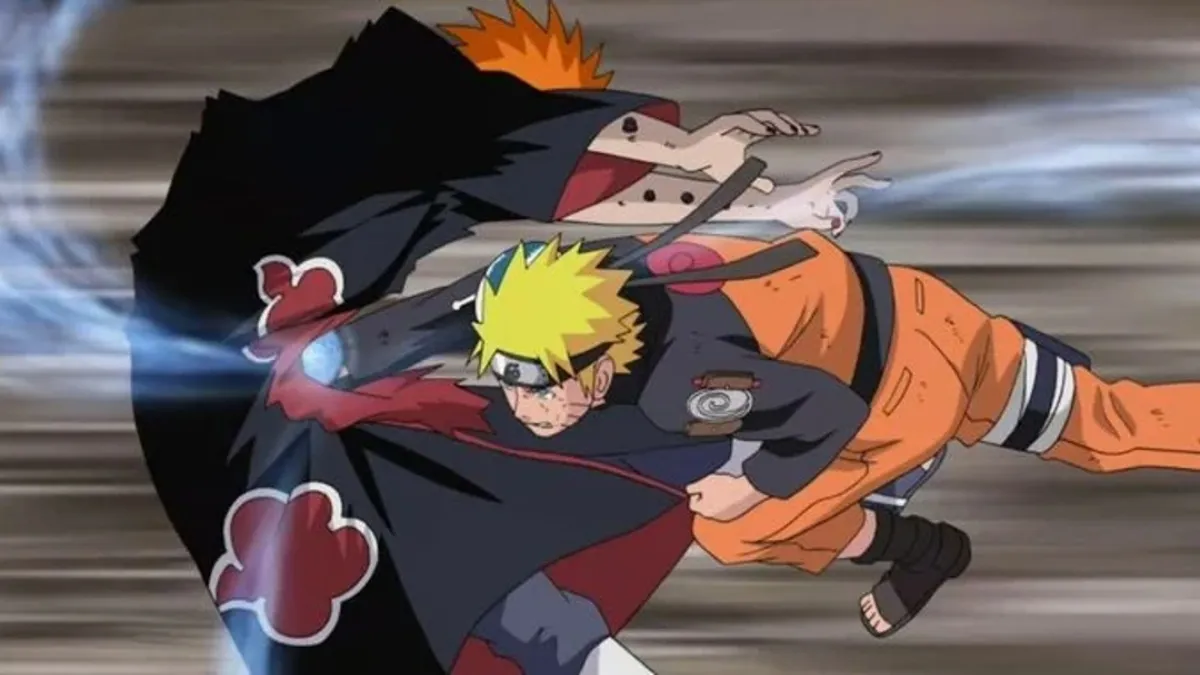
Pain asks several pivotal questions while uttering this line, as he asks whether it is possible for someone to move forward in life without undergoing change. Change is the only constant in a world perennially in flux, and Pain questions individuals who are too sure of who they are even in the face of instability and change. Naruto proclaims that he will never change (although he meant it along the lines of being authentic to who he is), and Pain questions whether that is even possible, as life’s unpredictability can make people change suddenly, without warning.
“Love breeds sacrifice, which in turn, breeds hatred. Then you can know pain.”
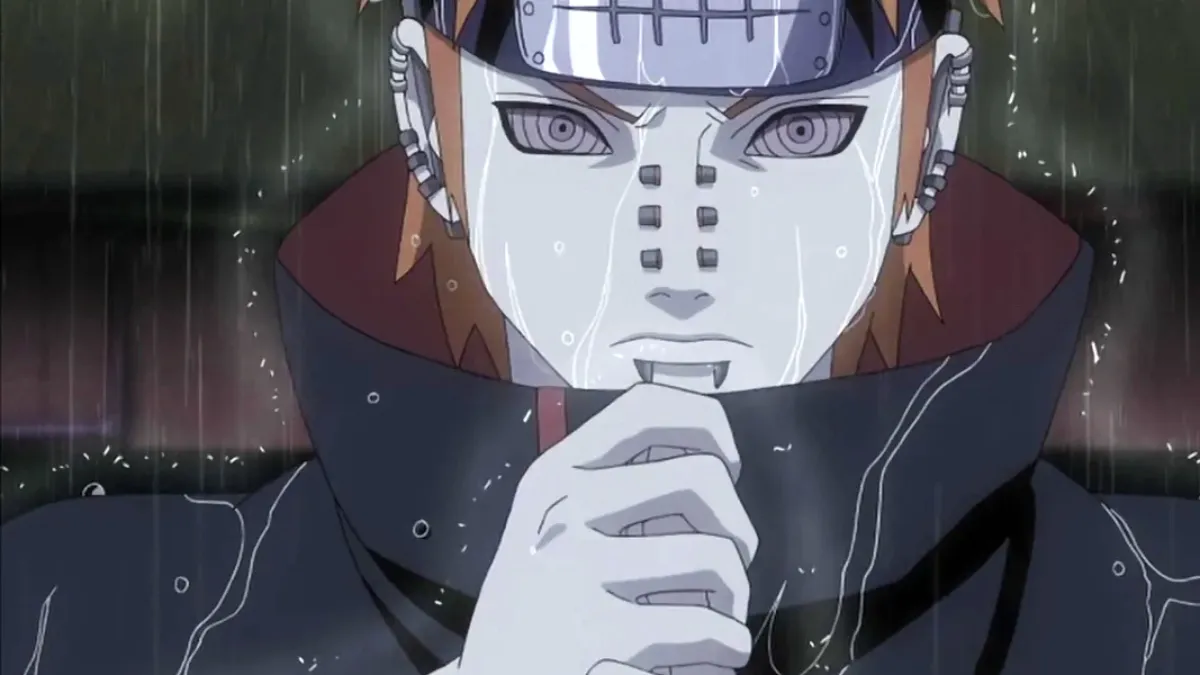
This particular quote highlights Nagato’s view of love between two people, which, according to him, is a doomed premise, to begin with. There will always be an essence of inequality in a bond (where one loves more than the other), and the sacrifice of one will almost always be taken for granted by the other person. While this obviously is not the only outcome of a bond, Pain believes it is due to the experiences that shaped him. Pain believes that a hidden resentment always resides in bonds, ready to strike suddenly and turn love into vitriol, which festers over time.
“If you don’t share someone’s pain, you can never understand them.”
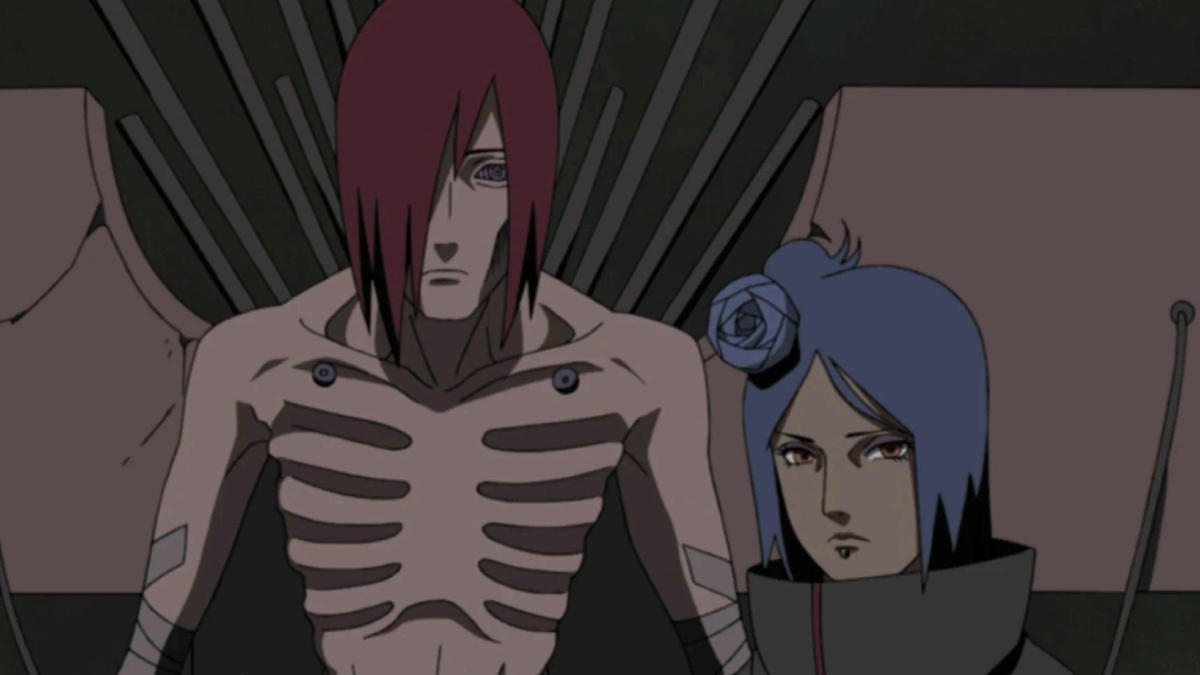
Here, Nagato talks about active empathy, wherein it is impossible to understand someone, be it a friend or an opponent unless they do not share their pain in some form. He followed this up by stating that even when you arrive at a shared perspective of pain and suffering, this does not necessarily mean that the two will be in agreement. Everybody has their respective experiences with hardships and ways to experience and process them. Every character in Naruto has emotional baggage, but processes it differently — for instance, Naruto’s emotions manifest in his training, Sakura has outbursts of anger, while Sasuke chooses to bottle his emotions completely. This changes, of course, with time, circumstances, and maturity.
“All the pain forced me to grow up.”
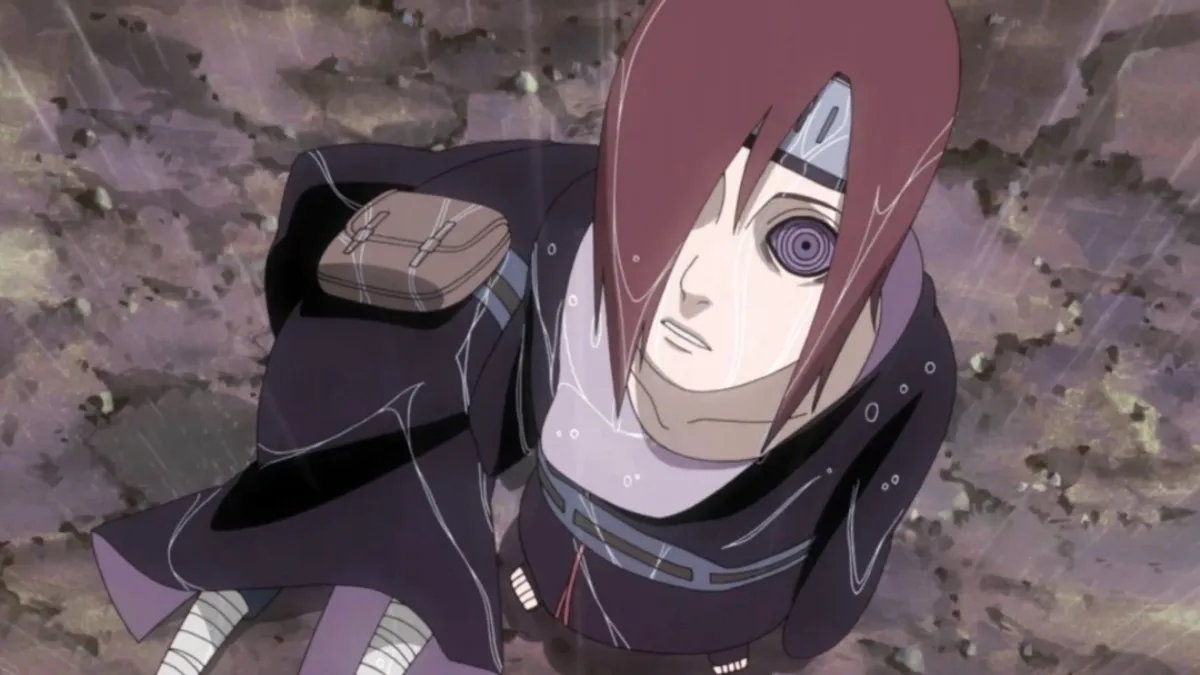
This is a heartbreaking declaration, pointing toward Nagato’s difficult upbringing and his journey to embracing the ‘Pain’ moniker. He utters this when Jiraiya asks him how he became the person he is today, to which he simply responded with “Nothing happened. Nothing except the war.” Having grown up in the midst of war, Nagato saw nothing but death and destruction all around him, which quickly forced him to become an adult and look out for himself. The harsh realities of war were too much for a young Nagato, who was forever molded by his formative experiences and carried them onto his life as an adult.
“We are just ordinary people driven to revenge in the name of justice.”
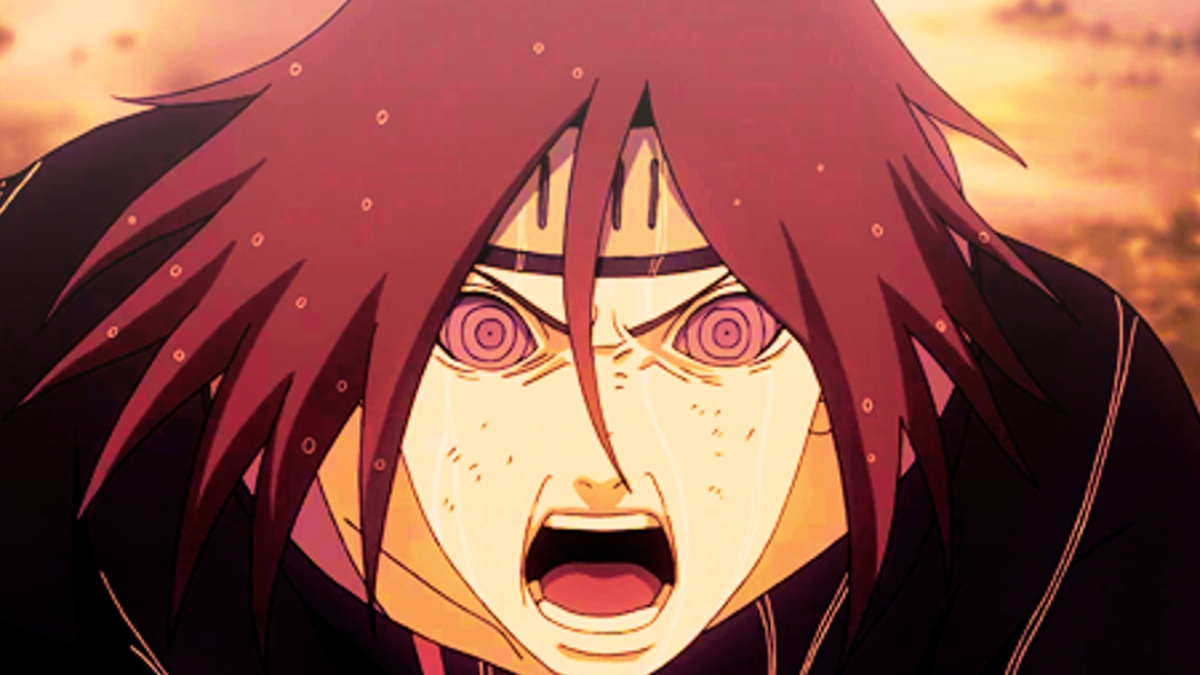
The thin line between vengeance and retribution is underlined by Pain here, who criticizes the way in which society assumes these labels to further their own ends. No matter how deluded one’s vision is, if their thirst for vengeance is labeled as justice, their actions are justified in the greater scheme of things, including the lengths they are ready to undergo to achieve this. Pain utters this line within the context of being villainized for his actions — his wishes for humanity to suffer to usher in peace, so, are his actions fueled by vengeance or justified retribution. The lines start to blur.
“This hatred binds us together.”
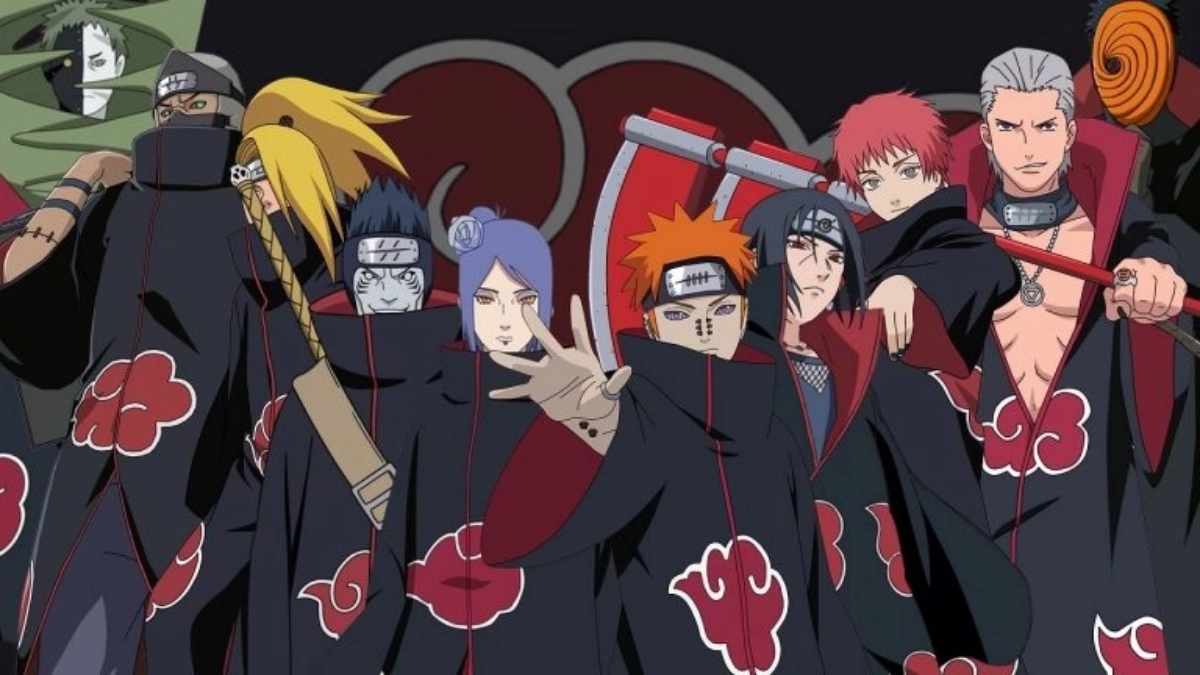
Nagato’s worldview has always been nihilistic, which is understandable, as he never witnessed love blossoming around him in healthy ways. Even the purest bonds he forged were tainted by the ravages of war and the shadow sides of human nature, alienating him from experiencing love in any form that led to healing and a sense of community. On the flip side, the shinobi world is an unstable one, in which death is a common occurrence due to the nature of everyday living, and Nagato understands that peace only makes man numb and comfortable, while it is hatred that binds people together. This is how he chooses to view the world, of course.
“No matter how pathetic the reason, it’s enough to start a war.”
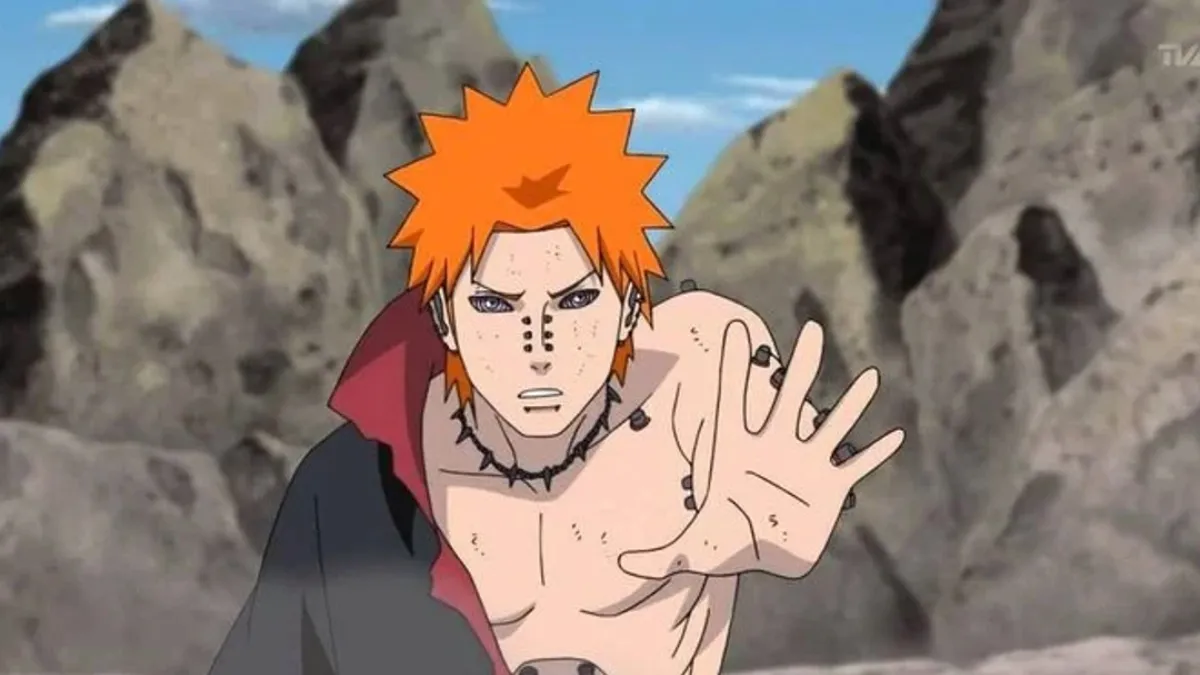
While Pain does wish suffering to be a gateway to eventual peace, this statement is not a clarion call for senseless violence. Instead, Pain is stating a truth here, musing how the smallest of reasons, including religious and ideological differences, resources, and even love can be reasons for war being ignited. An objectively inconsequential factor can morph into a reason for full-blown conflict, as Pain believes that the human DNA is hardcoded with the need to indulge in violent behavior.
“Those who do not understand true pain can never understand true peace.”
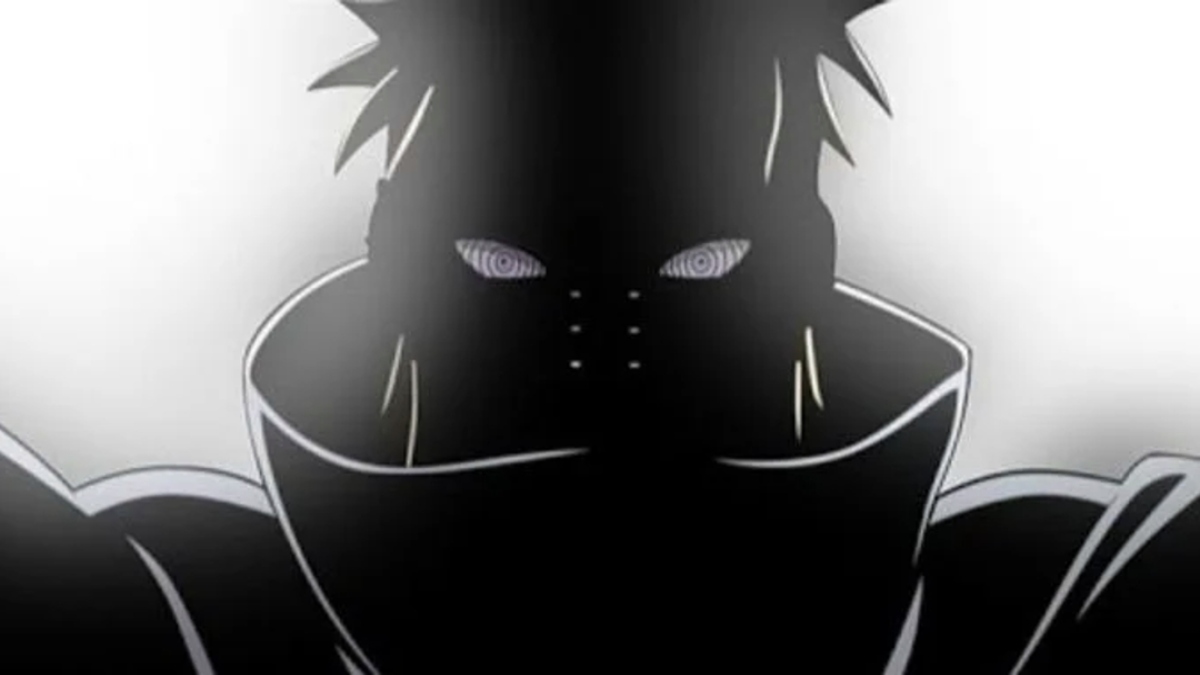
This is pretty self-explanatory, as Pain’s agenda throughout Naruto is to help establish peace by making humanity reckon with the pain of loss and suffering. This obviously is a result of Nagato’s own experiential bias, as he deems pain necessary for humans to achieve a state of balance. However, this is not true: even though pain is a part of existence, one does not absolutely have to go through toils to be deserving of peace. Pain’s statement is more of a deep-seated trauma response; although his intentions might be well-intentioned, his means are twisted.
“Just by living, people hurt others without even realizing it.”
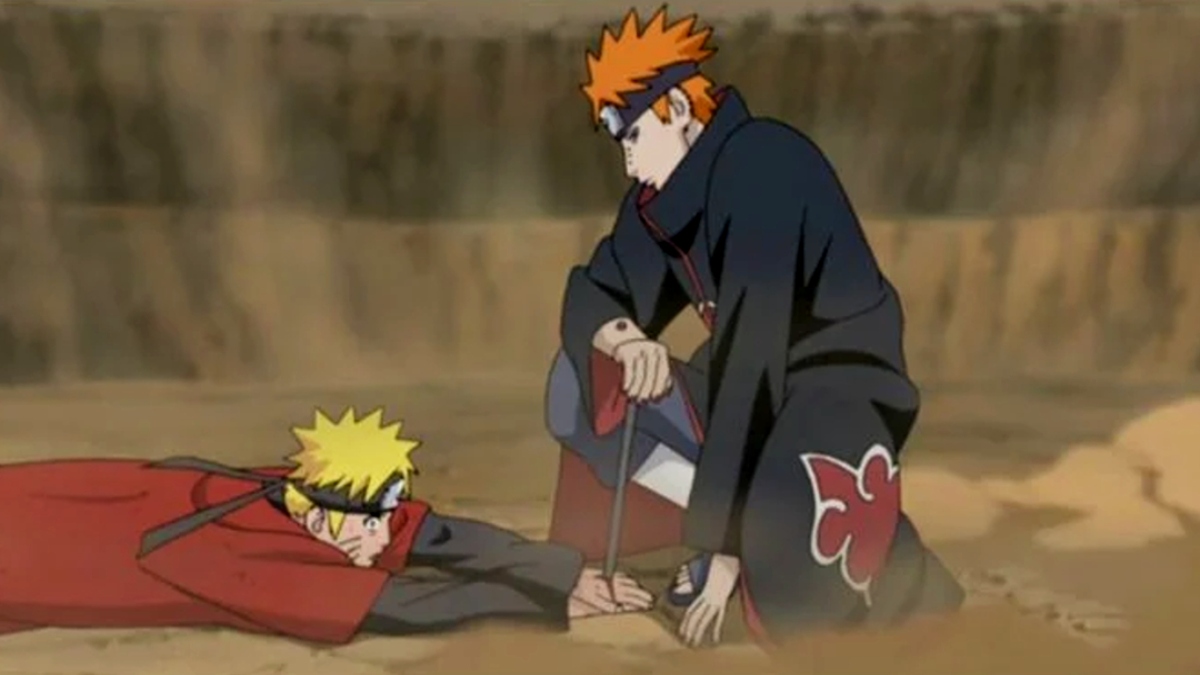
Another truth bomb dropped by Nagato, who states that the very act of existence involves hurting others, be it on purpose or inadvertently. Of course, Pain believes that the human race is inherently evil with the ability to do good, and not the other way round, and that war will be around as long as the human race exists. While it sounds pretty brutal, Pain is not wrong, at least within the context of Naruto: even the most peace-loving shinobis have had to kill during wars, being trained to take down an enemy, no matter what the cost. Even during times of peace, there are squabbles for power, and people inevitably get hurt, especially where inequality and injustice are rampant.
“When I had nothing and no one, I always had pain.”
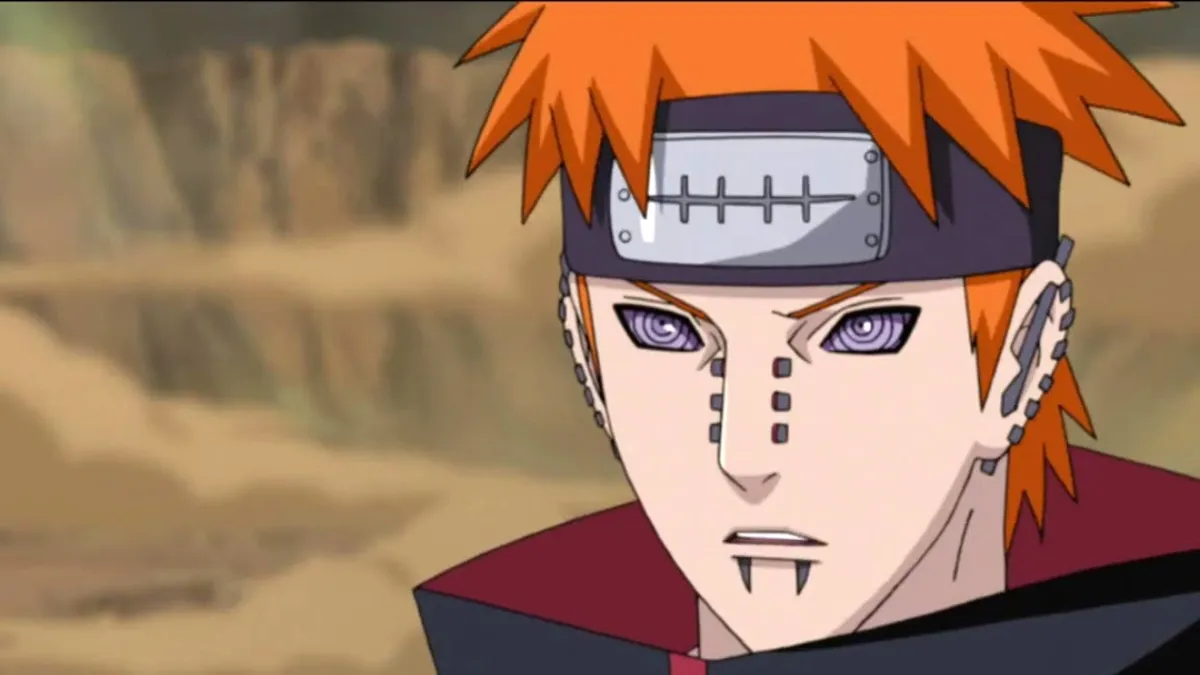
Forming the crux of Nagato’s character, this utterance is a gut-wrenching one. This is uttered to Naruto, another young boy forced to grow up fast, parentless, while everyone in his village ostracized him to no end. While Nagato’s isolation led to him adopting a nihilistic point of view, Naruto was gradually able to forge bonds with people around him, who gave him the love he did not experience as a child. Although there were certainly some people who cared about Pain, he became so guarded as a person after his formative years that allowing love into his life became an impossibility. Holding onto the pain he had always felt, he molded his entire identity around it, defining himself and his life’s purpose along those lines.
“Knowing pain controls one’s words and thoughts.”
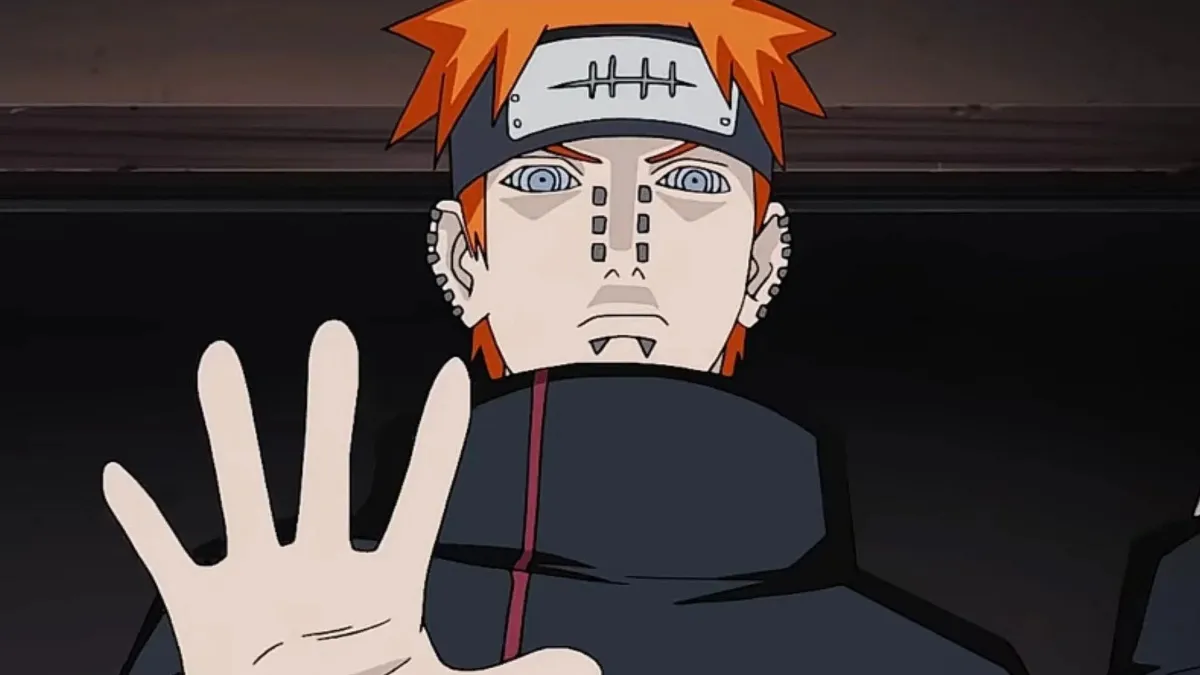
As philosophical as ever, Pain means to communicate here that pain can corrupt a person, causing them to act differently to how they usually would — oftentimes making them more cruel and selfish than they actually are. Essentially, to know pain is to embrace it, but sometimes, when we give rise to the trauma that pain causes, it can turn us into monsters. There’s an age-old saying that goes “absolute power corrupts absolutely” and in the context of Pain and the literal term ‘pain,’ this same outcome applies. When one allows themselves to be corrupted by the after-effects of suffering, they lose themselves and their identity in the process, becoming the same person they would usually fear.
“Pain will give rise to momentary peace.”
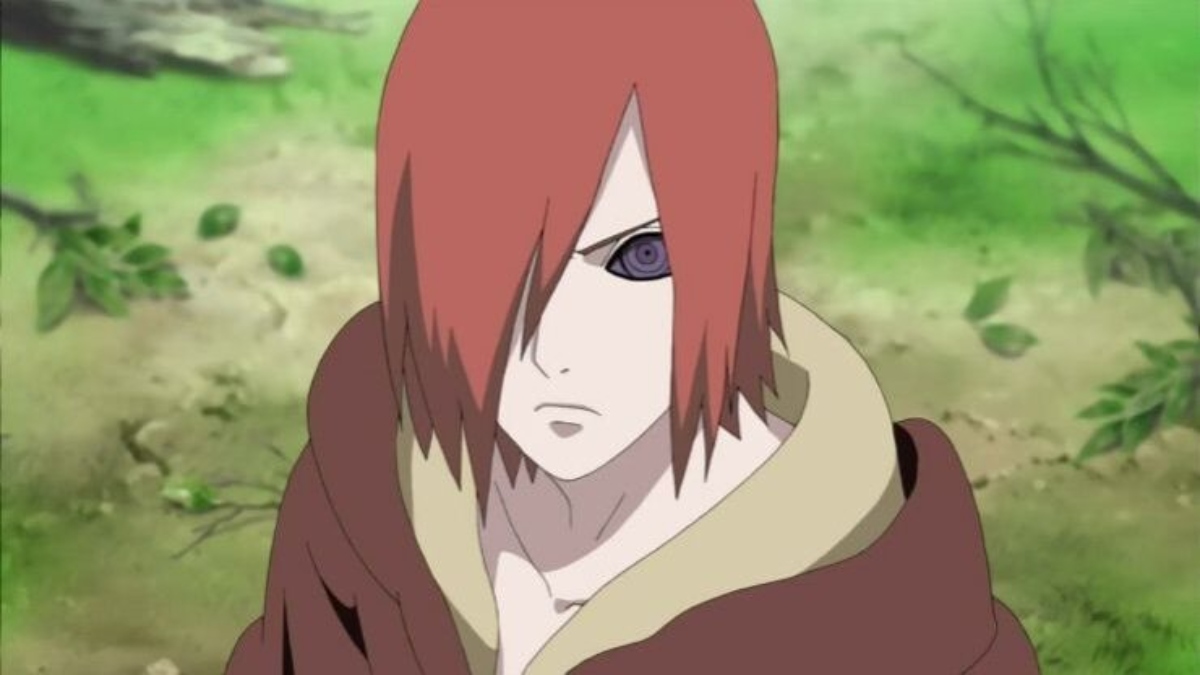
On the other hand, although the above quote suggests that pain can corrupt and ruin, there’s a side to embracing pain that sheds a more positive light. In coming to terms with the trauma we’ve faced, we can have closure and make peace with the wrongdoings made against us. In some instances, we can eve forgive and forget, but a lot of the time, it isn’t necessarily about forgiving the evildoer so much as it is accepting within one’s self that the past cannot be changed, nor should we let it dictate the future. When coming to terms with pain, suffering or grief, sometimes the most therapeutic thing one can do is allow the negativity to pass and find peace somewhere in the complacency.
“We act according to our own sense of justice.”
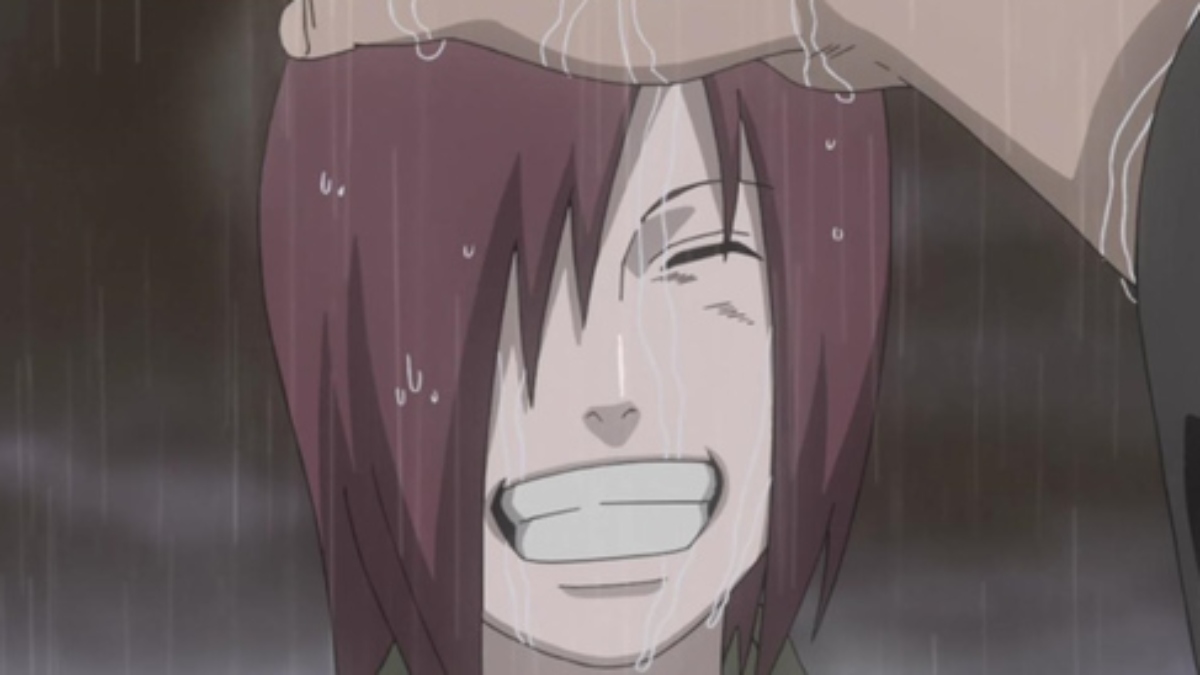
There’s a lot of layers to uncover with this one. Everyone has their own moral compass, pointing them towards good or evil, depending on one’s personal values. In terms of justice, there are different perspective to what “serving justice” actually means. Does it mean killing the person that wrong you? Forgiving them? Allowing the law system to run its course and let them answer for their crimes? There are so many variables, but in the Naruto universe, the most common sense of justice served would be to engage in combat with whomever it might be that acted against you, defeat them, then humiliate them by proving yourself as the alpha. It isn’t the most ethical execution of justice, but it’s certainly the most effective, and Pain would agree.



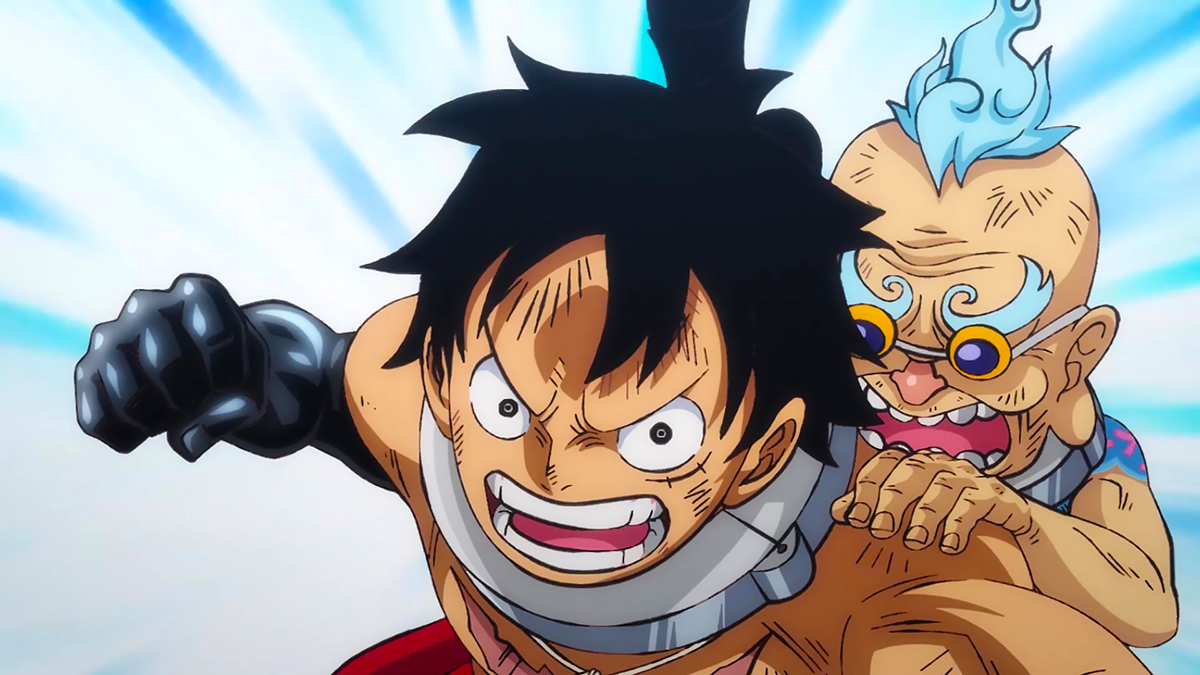
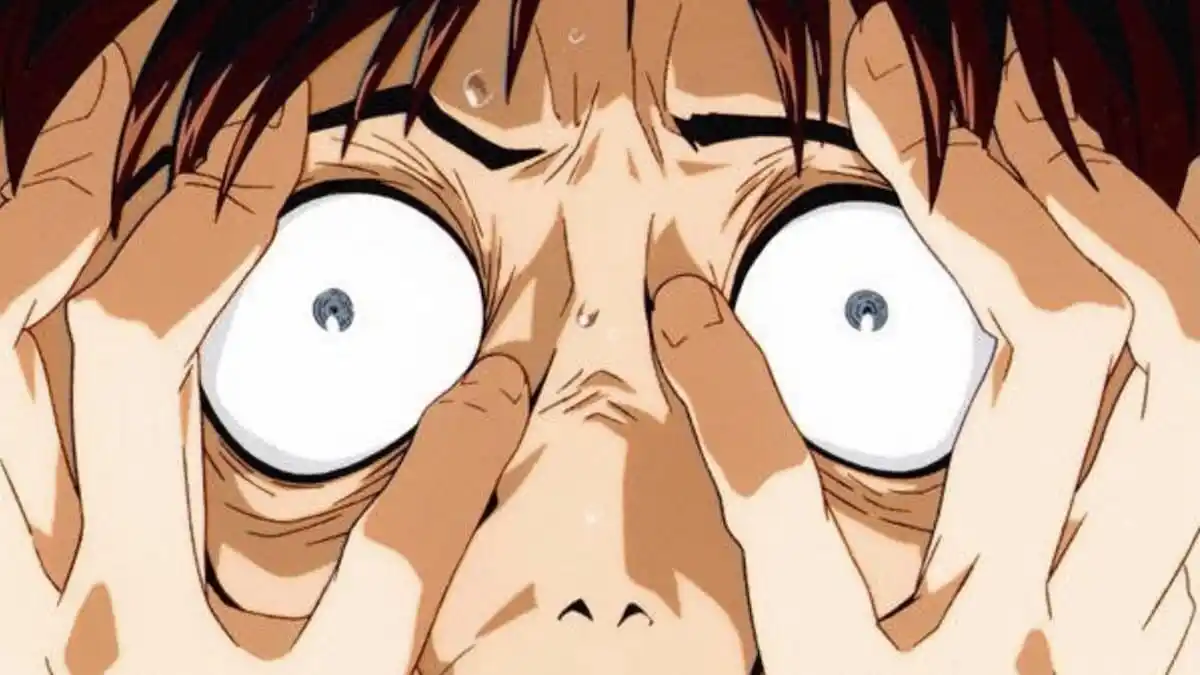
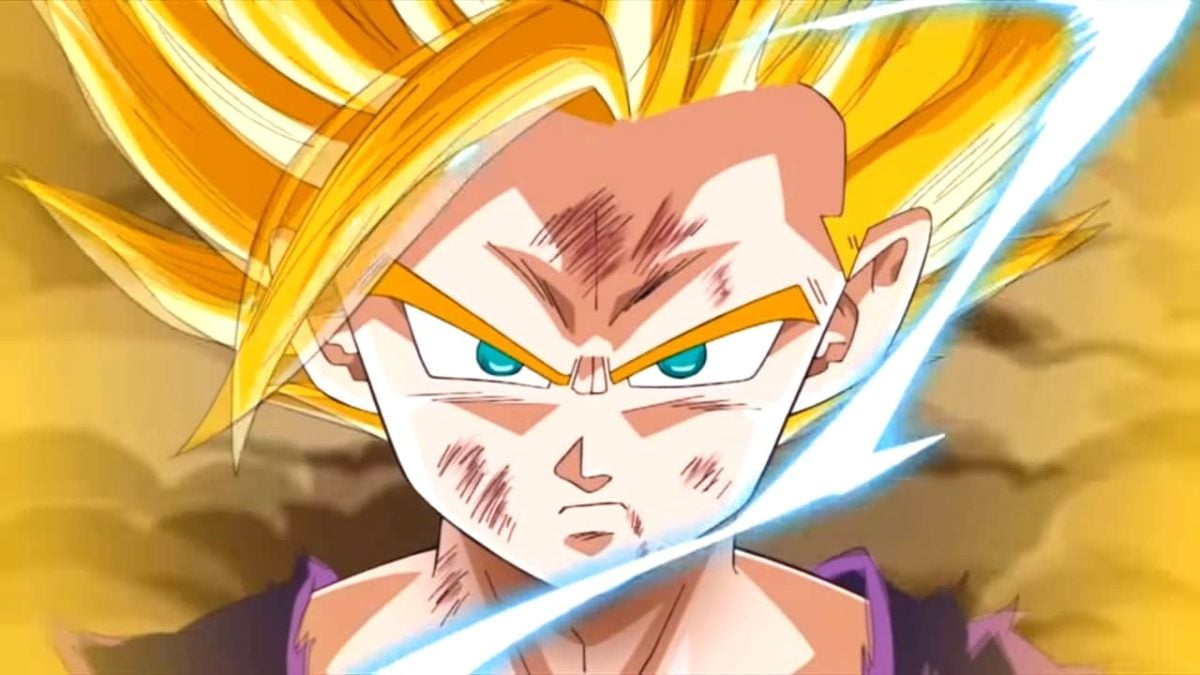
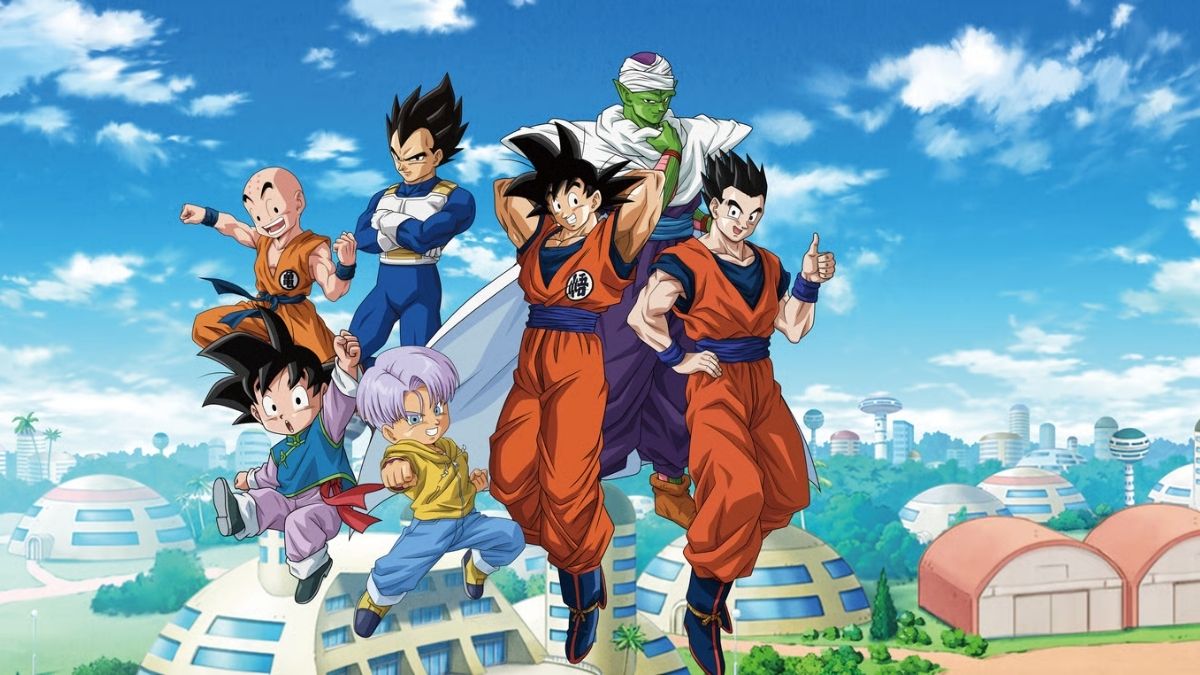
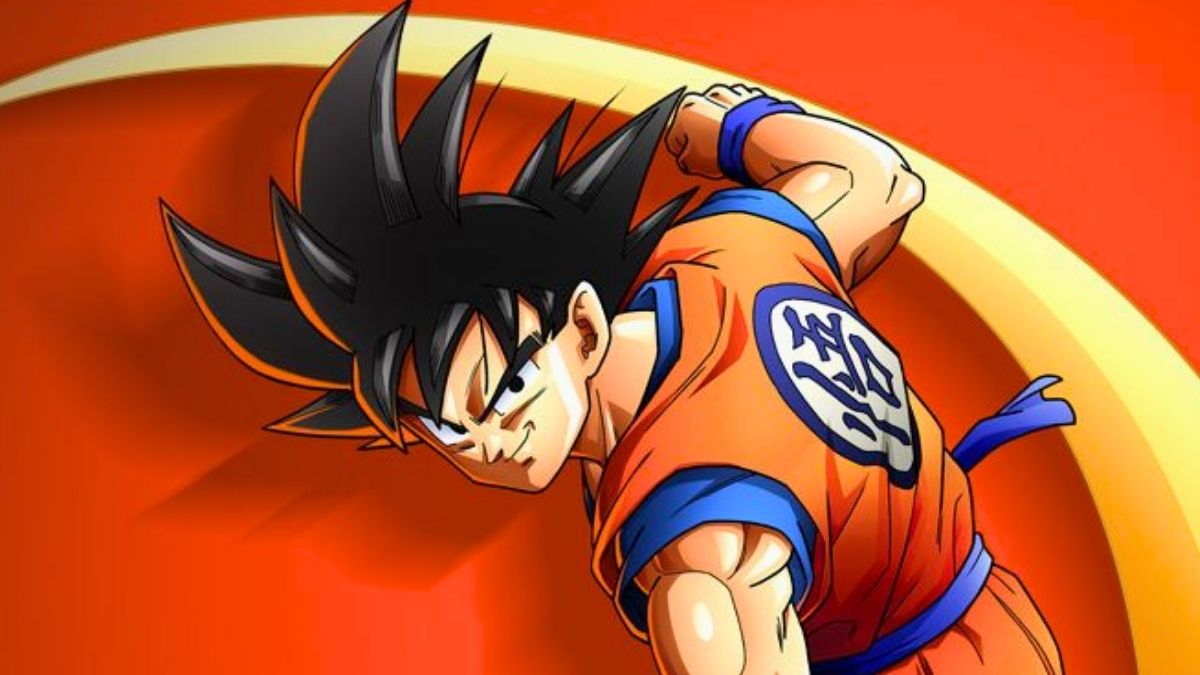
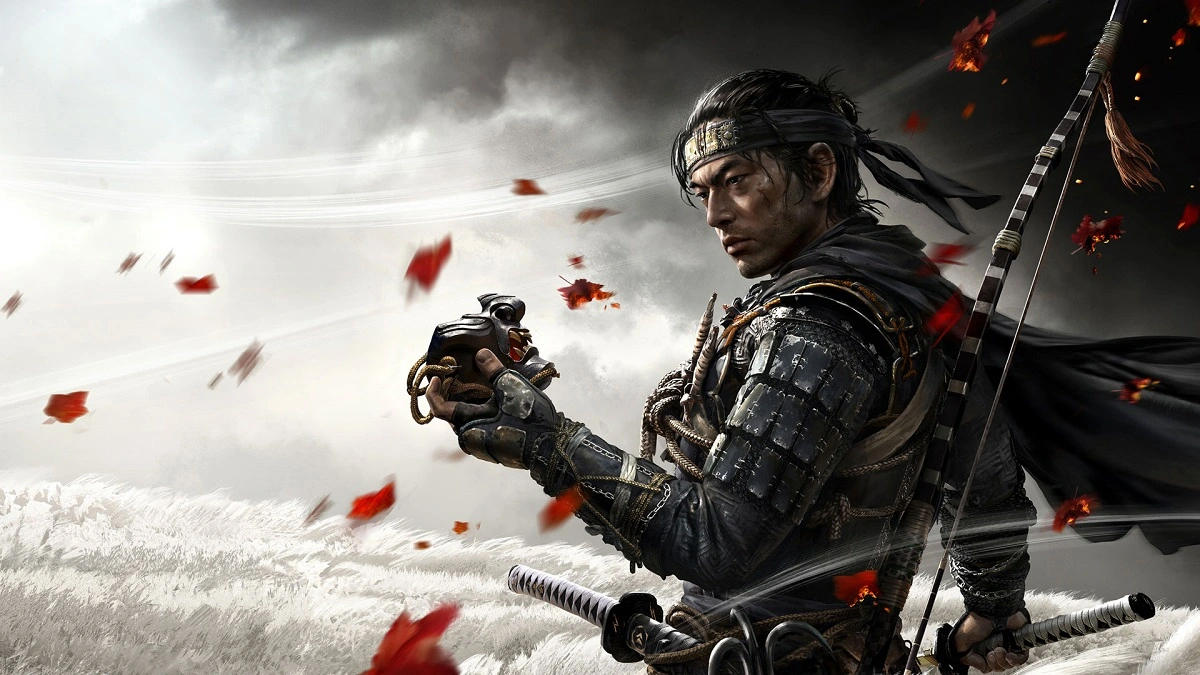
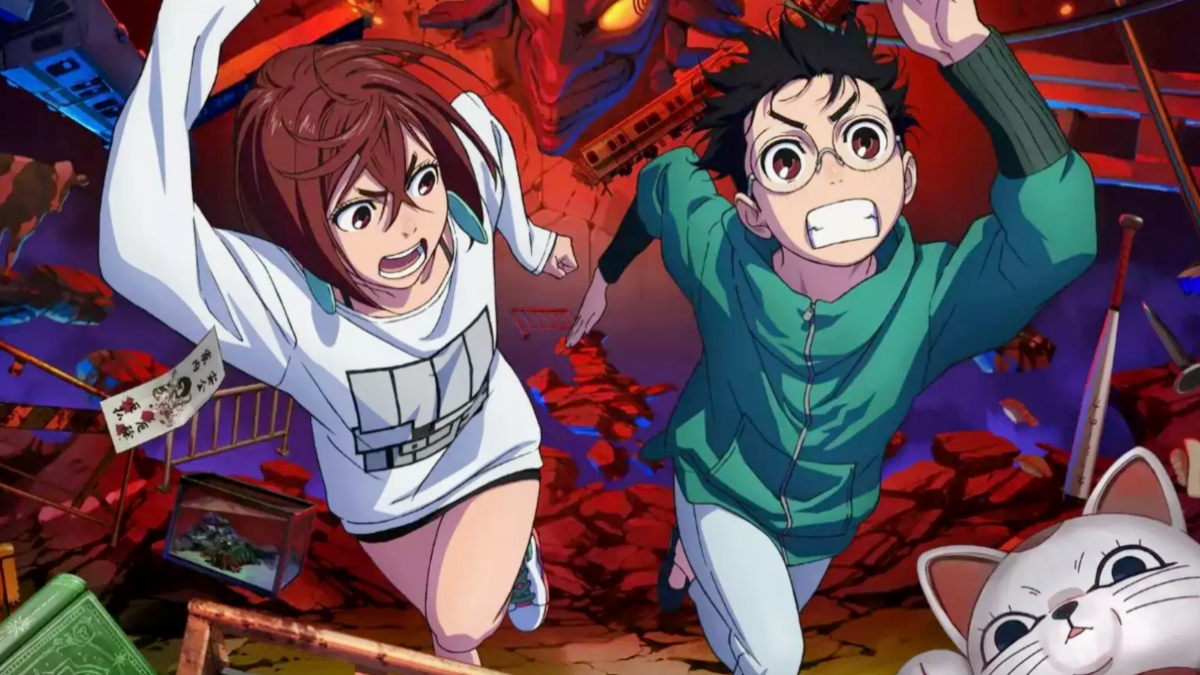
Published: Apr 19, 2023 10:50 am